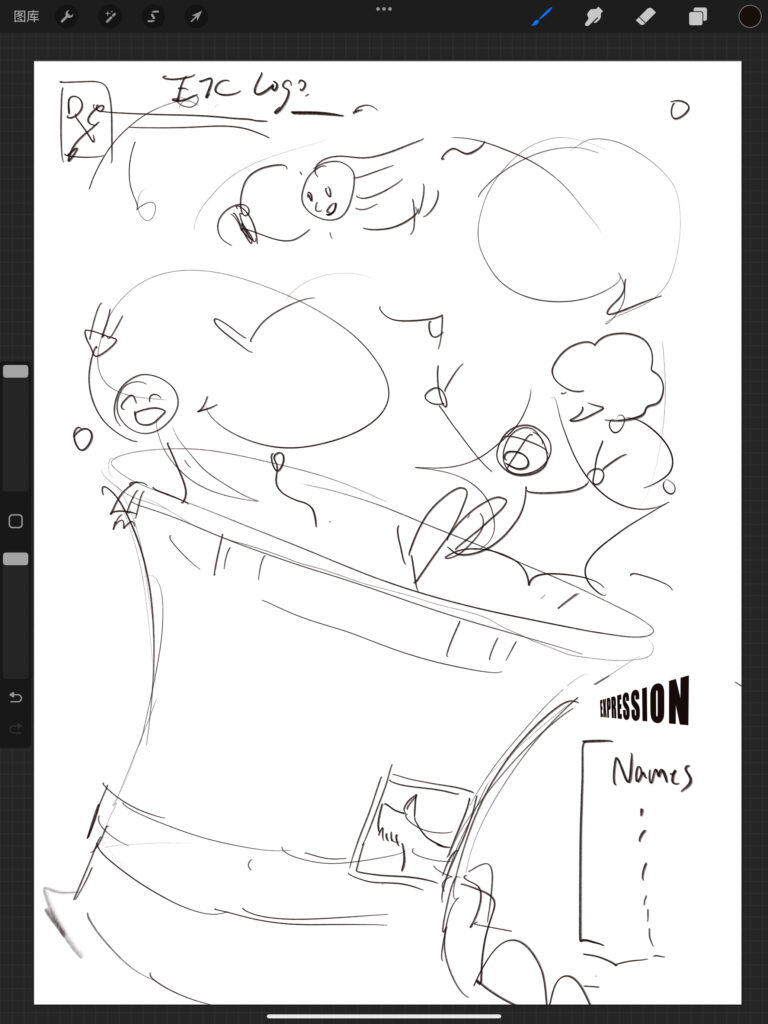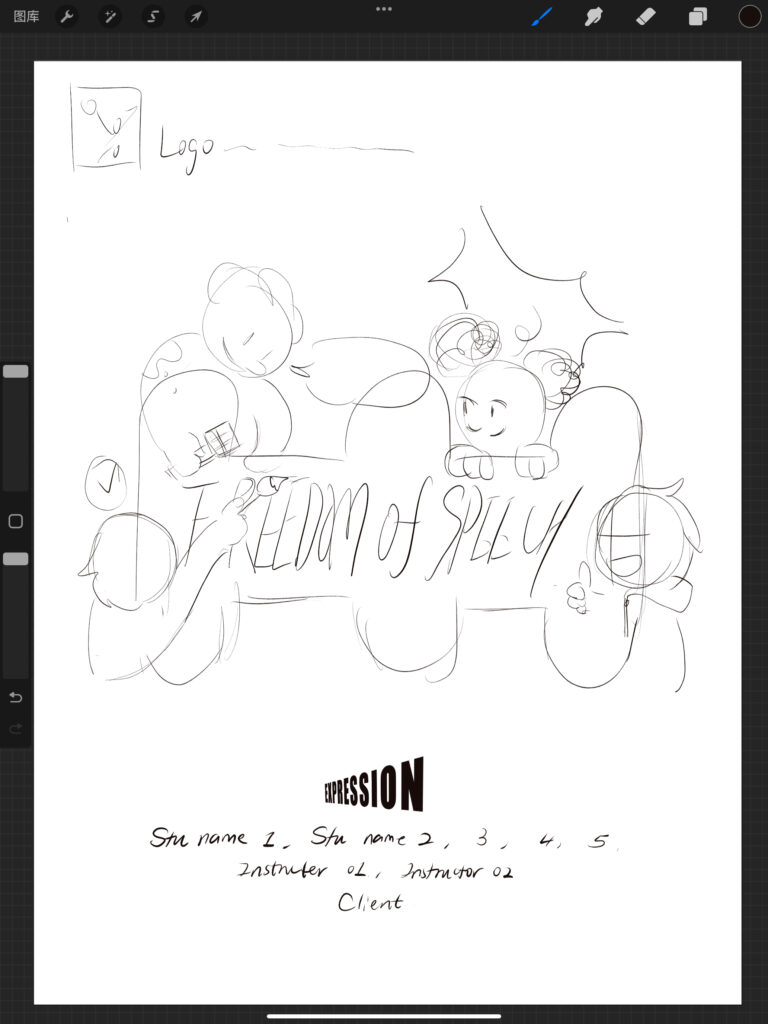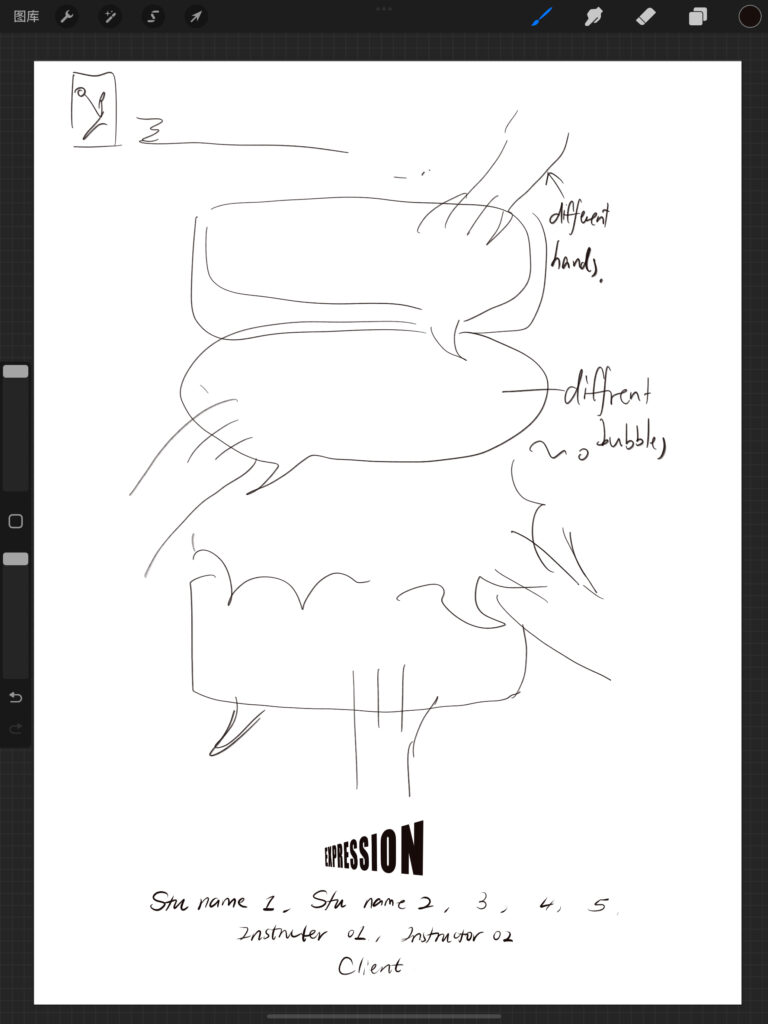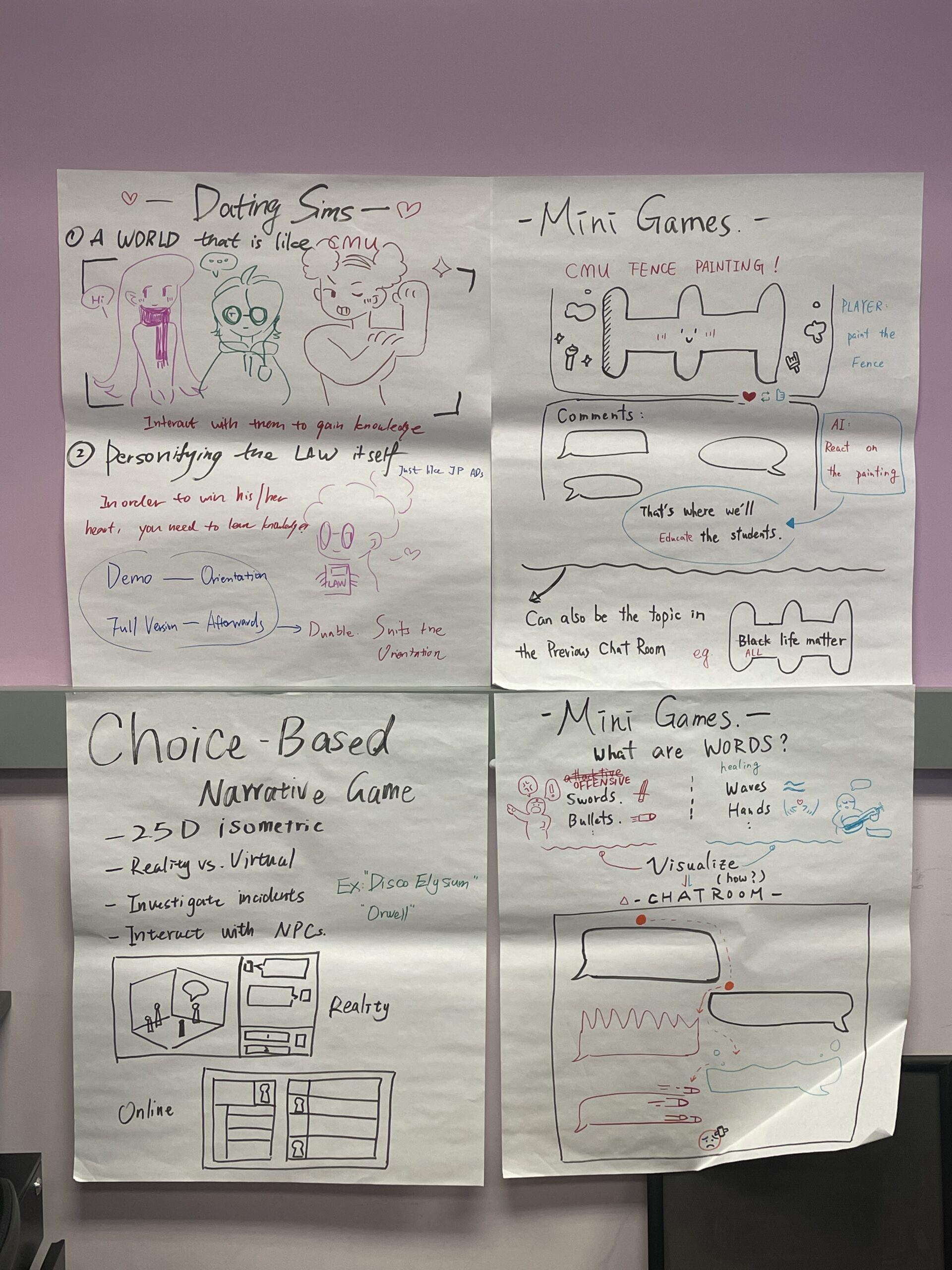To deepen our understanding, we attended a Transformational Game Workshop led by Dave, where we learned about the framework of transformational games, how they differ from other games, their intended impact, and the challenges that come with designing them.
After the workshop, we gained new insights and identified key questions that need to be addressed in order to design effectively within this framework.



Game Design Challenges
One of our biggest questions is how to integrate serious topics into an engaging and enjoyable experience, especially given that free speech can be an intimidating subject for many people. We decided to prioritize emotions and the overall game experience rather than rigidly structuring the content as a set of ordered rules or purely informational material.
Takeaways & Design Considerations
High-Level Purpose
- Define metrics for success to measure transformation.
- Create a meaningful in-game experience that reflects real-world change.
Audience & Motivation
- Understand different types of players, their existing knowledge, and how they currently perceive the topic.
- Identify what motivates players to engage—whether it’s fun, external pressures, or personal curiosity—and clearly communicate what they will gain from the experience.
Context & Accessibility
- Consider external factors affecting the player’s engagement with the game.
- Determine how players will access the game and what that means for their interaction with it.
- Analyze advantages and disadvantages of different engagement contexts.
Assessment & Impact
- Use in-game analytics to track player behavior, such as playtime and decision-making patterns.
- Imagine how players react after a full playtest at the end of the semester—do they feel more encouraged to discuss free speech?
- Address potential risks, such as hate speech concerns, and explore ways to connect players with campus resources for further discussion.
- Encourage specific, actionable transformations, such as fostering meaningful conversations or inspiring student-led initiatives.
Transformation Process & Barriers
- Define a clear transformation path that players go through, detailing their mindset before and after playing the game.
- Identify initial knowledge gaps and barriers preventing transformation—why aren’t players already engaging with free speech discussions?
- Research relevant legal and historical contexts such as laws, court cases, and constitutional rights.
- Simplify the game design while ensuring that the transformational aspect remains impactful.
Preparations for Quarters
- Develop game design and concept documentation.
- Refine the transformational theory that underpins our project.
Next Steps
- Finalize our transformational framework to guide the game’s design.
- Refine our brainstormed ideas into three distinct gameplay concepts.
- Draft survey questions to conduct research and gather insights.
